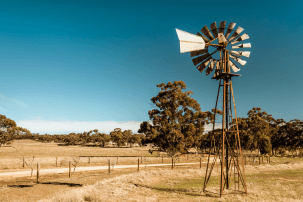
Energy Then and Now
Lesson10 of 15 in this unit
PrimaryYear 3 - 4EnglishSpeakingHumanities and Social SciencesGeographyHistoryEnvironmentalClimate ChangeEnergySustainability
Summary
Lesson Guides and Printables
Lesson Plan

Student Worksheet


Lesson Plan

Student Worksheet
